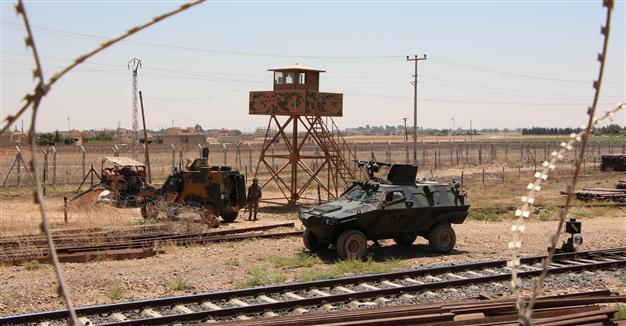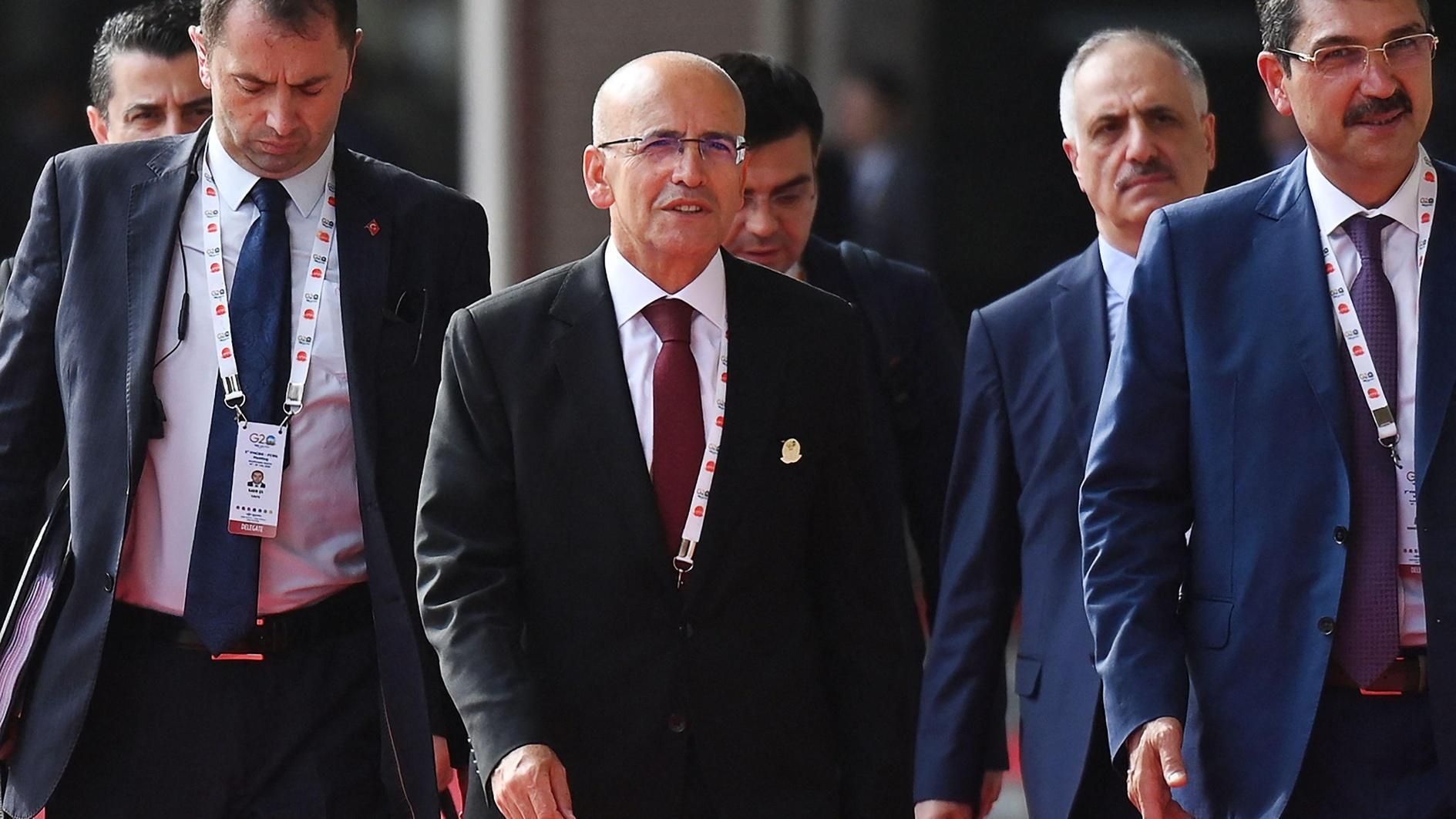Turkey pulls 350 troops from border after tension with Baghdad
Sevil Erkuş - ANKARA

DHA File Photo from Turkey's border with Syria, 2013.
Turkey has pulled 350 troops back from the Turkish-Iraqi border after reaction from Baghdad over the deployment of more Turkish soldiers in Mosul.The troops were waiting on the border and will be sent to Iraq if Ankara and Baghdad agreed on the issue, sources told Hürriyet Daily News.
Turkey has deployed nearly 600 troops to train Iraqi Sunni local guards in Mosul.
“The U.S. does not support military deployments inside Iraq [without] the consent of the Iraqi government. This includes the deployment of U.S. military personnel, as well as military personnel from any other country,” U.S. President Barack Obama’s special envoy for the global coalition to counter the Islamic State of Iraq and the Levant (ISIL), Brett McGurk, said late Dec. 6.
During the same hours late on Dec. 6, Turkish Prime Minister Ahmet Davutoğlu sent a letter to his Iraqi counterpart, informing him that his country would halt further transfers of troops to an area near Mosul, which is controlled by ISIL, after Baghdad threatened to appeal to the United Nations to force Turkey to withdraw its soldiers.
In his Dec. 6 letter to Iraqi Prime Minister Haider al-Abadi, Davutoğlu stopped short of agreeing to al-Abadi’s demand to withdraw the currently deployed soldiers, although the senior U.S. official welcomed the “reported” withdrawal of Turkish forces.
In the “last 24 hours, we have actively encouraged Turkish and Iraqi authorities to discuss current situation through appropriate channels. The recent phone call between the Turkish and Iraqi defense ministers was a positive and constructive step forward,” McGurk said.
“We are encouraged by reports that Turkish military forces have pulled back from the Iraqi border as diplomatic engagements proceed,” he said, adding that Washington was continuing to encourage all parties to bring the issue to a diplomatic resolution as allies in the battle against ISIL.
A much-anticipated counter-offensive by Iraqi forces to retake Mosul from ISIL has been repeatedly postponed because they are tied down in fighting elsewhere.
Iraq has urged the international community to provide more weapons and training in its battle against the militants, but rejects most forms of direct intervention, mistrusting the intentions of foreign powers.
A small number of Turkish trainers were already at the camp near Mosul before the latest deployment on Dec. 3 in order to train the Hashid Watani (national mobilization), a force made up of mainly former Iraqi police or Sunni Arab origin and volunteers from Mosul.
The U.S. was aware of the deployment but the move is not part of the U.S.-led coalition’s activities, according to defense officials in Washington.
U.S. officials made several statements last week on plans to send more U.S. troops to Iraq, prompting Iraqi politicians and militias to protest against the presence of any foreign troops in Iraq without explicit permission from parliament.
Powerful Iraqi Shiite Muslim armed groups have pledged to fight a planned deployment of U.S. forces to the country.
NATO member Turkey has been bombing positions of the outlawed Kurdistan Workers’ Party (PKK) in northern Iraq. It is also part of the U.S.-led coalition fighting ISIL.
















